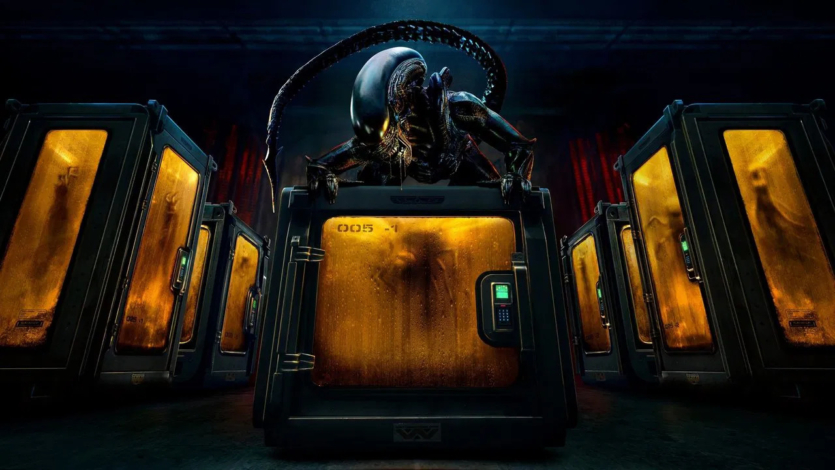
From August 12 to September 23, FX’s Hulu and Disney+ platforms broadcast the sci-fi horror series Alien: Earth, which is a prequel to the original Alien (1979) by Ridley Scott. Before the show’s release, we mentioned in detail, how the franchise has developed for four and a half decades. Today, it’s time to summarize how fresh a look at the acid creature showrunner Noah Hawley offers and whether there is reason to believe that the approach he has chosen is appropriate and will be interesting to the audience.
“Alien: Earth”
Genre science fiction horror
Director Noah Hawley
Starring Sidney Chandler, Alex Luther, Samuel Blankin, Timothy Olyphant, Babu Sizay, Adarsh Gurav, Keith Young, Erana James, Lily Newmark, Essie Davis, Jonathan Ajayi, David Risdahl, Adrian Edmondson, Mo Bar-El
Premiere FX on Hulu
Year of release 2025
Website IMDb
Two years before the slobbering space monster was unlucky enough to meet his nightmare in the face of Ellen Ripley, The Maginot spacecraft is on its way to Earth as part of Weyland-Yutani’s 65-year mission. A real bestiary with a variety of alien fauna has been formed on board, including samples of eggs from our old friend the xenomorph — get your pretty faces ready, doomed ones.
At the same time, in another office with the musical name Prodigy, headed by a young manager, Boy Cavalier, who seems to have never heard of such an invention as shoes, the first transfer of human consciousness into a synthetic body takes place for the first time in history. A group of terminally ill children become the pioneers. The first of them is young Marcy Harmit, who receives the body of an adult aunt with “strange breasts,” a fashionable haircut, and a new name, Wendy, to boot.
Meanwhile, in the best traditions of the genre, the expedition on the Maginot goes out of control, causing the starship to crash in New Siam — a city owned by Prodigy. Marcy/Wendy’s brother Joe, who works as a local doctor, takes part in the rescue operation. So the resurrected woman is more than anyone else interested in getting to the crash site. Against the backdrop of local showdowns, a global one will unfold between two corporations that, for obviously selfish reasons, seek to take possession of the zoo brought from space as soon as possible.
Showrunner Noah Hawley has created a stir with this “expansion of the mythology”. There are so many questions and so few answers.
For example, how should we treat what is shown in general? Why does this look more like a rape of the canon than an expansion of it? Why don’t the creators care about their viewers’ time and nerves? Why, and this is probably the simplest question, is an adult bloody franchise being rejuvenated so rapidly, and each time more intensely? And finally, why is the project with the announced budget of more than $250 million looks so small and unconvincing?
From the very beginning, when we meet the crew members of the Maginot, the spirit and aesthetics of Ridley Scott’s famous original are easily guessed in the film space. If not to say that the viewer is almost faced with a recreation of familiar scenes — this purely fanservice approach is reminiscent of what Hollywood craftsmen did 10 years ago in “Terminator: Genisys”.
However, later on, the story takes a completely different turn, focusing on the children and their rebirth in synthetic bodies: this is how the creators make it clear that they respect their predecessors, but at the same time plan to follow their own path. And this seems like the right approach, right? But the further the story develops, the more vulnerable the series becomes to constructive criticism, causing completely ambiguous feelings.
If you wanted a product strong enough to finally forget about the long-standing chatter about how much characters are idiots, you’ve come to the wrong place.
On the one hand, you don’t have time to notice how the story literally drags you in while watching it. On the other hand, such a bold marinating of the viewer, caused by the colossal sagging of the narrative, is unjustified and unforgivable. Exciting moments alternate with outright boredom. The kindergarten with scenes from “Ice Age” obsessive allusions to “Peter Pan” contrasts sharply with the bloody massacres. And it is not necessary to arrange an authentic flashing light every time a creature lurks in a dark corridor.
Among a whole bunch of characters, the xenomorph is the only one you can genuinely root for. The cyborg Morrow looks like a Winter Soldier in minimalist clothes. The monster Trypanohyncha Ocellus (octopus eye) is a creature of a clearly unhealthy imagination. In general, other extraterrestrial creatures are hardly capable of seriously surprise or scare someone.
The struggle between two corporations for bioweapons is an interesting maneuver, but there is no clear corporate conflict, which makes it impossible to tear yourself away from the screen. A narrative about the power of megacorporations and the God complex, ethical questions about how much humanity there is in hybrids, about their self-identity and free will, their rebellion against their creators, etc. are not new topics. They are at least in tune with what was discussed in Scott’s “Blade Runner.”” (1982). There’s even a Timothy Olyphant in the frame, who looks like a replica of Roy Batty. And against the backdrop of the general chaos happening on the screen, any meaningfulness a priori fades into the background.
“Alien: Earth”, given its positioning and the resources spent on it, was clearly intended to be a big hit, perhaps a turning point in the franchise, but it does not feel like one. Plot devices such as “let’s entrust the feeding of alien cattle to a person with the intelligence of a 12-year-old child” or “how to train your xenomorph” speak for themselves. One of the most terrifying space monsters can now be safely sent for a beer.
It seems as if the screenwriters tried to balance on the edge of their classic predecessors, at least Scott’s claustrophobic suspense, Cameron’s action and Fincher’s detached from the show’s star gravitas, adding their own vision to the mythology. But it turned out to be an impossible task. The ending of each episode with rock/metal songs only sweetens the bitter pill.
It is telling that the best episode in the entire show is the fifth, when the narrative returns to its roots and places the story in the cramped corridors of the Maginot. That’s when Alien works as it should, grabbing everyone’s attention at the expense of proven techniques.
“Alien: Earth” turned out to be very uneven and controversial. It was promising and not that powerful at the end. Controversial and ambiguous. If no one in space can hear your scream, then on Earth everyone will definitely see your cringe.

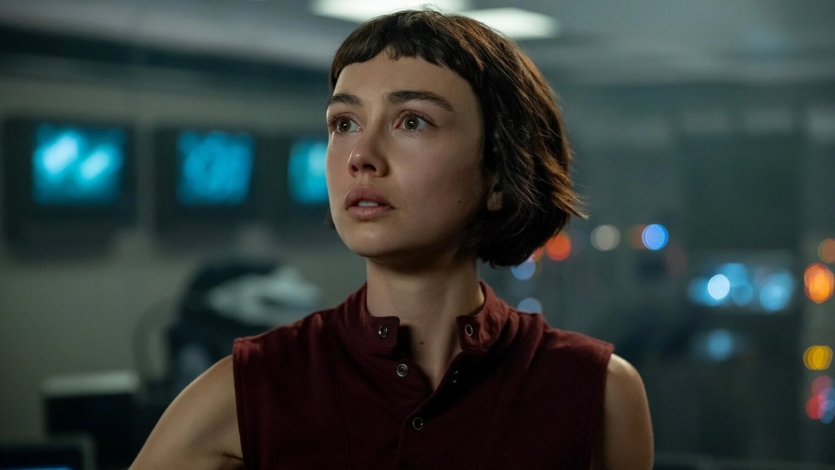
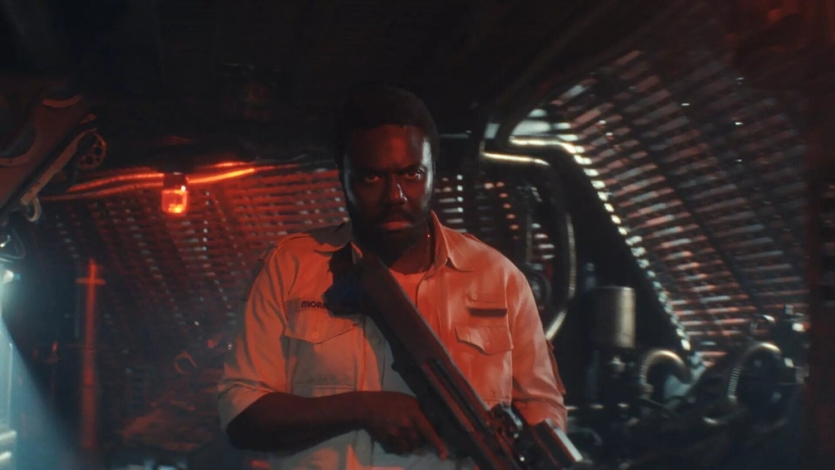
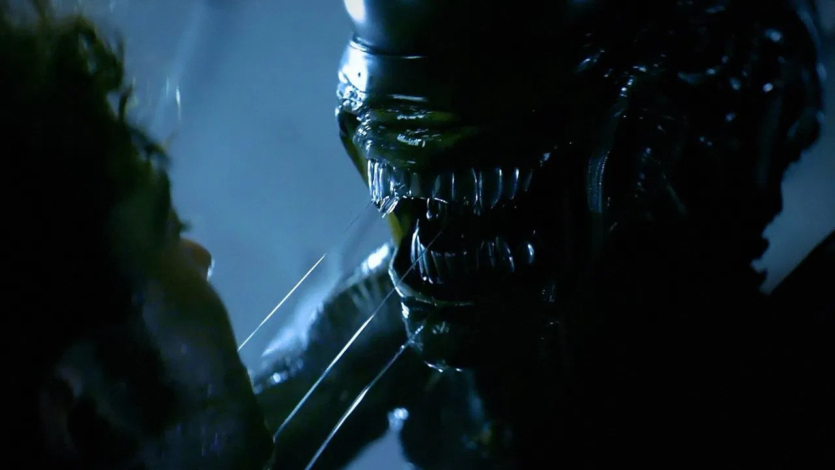
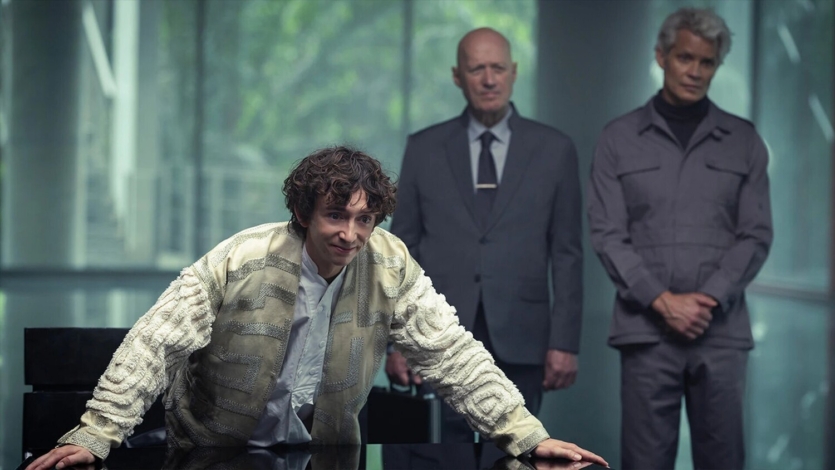
Spelling error report
The following text will be sent to our editors: